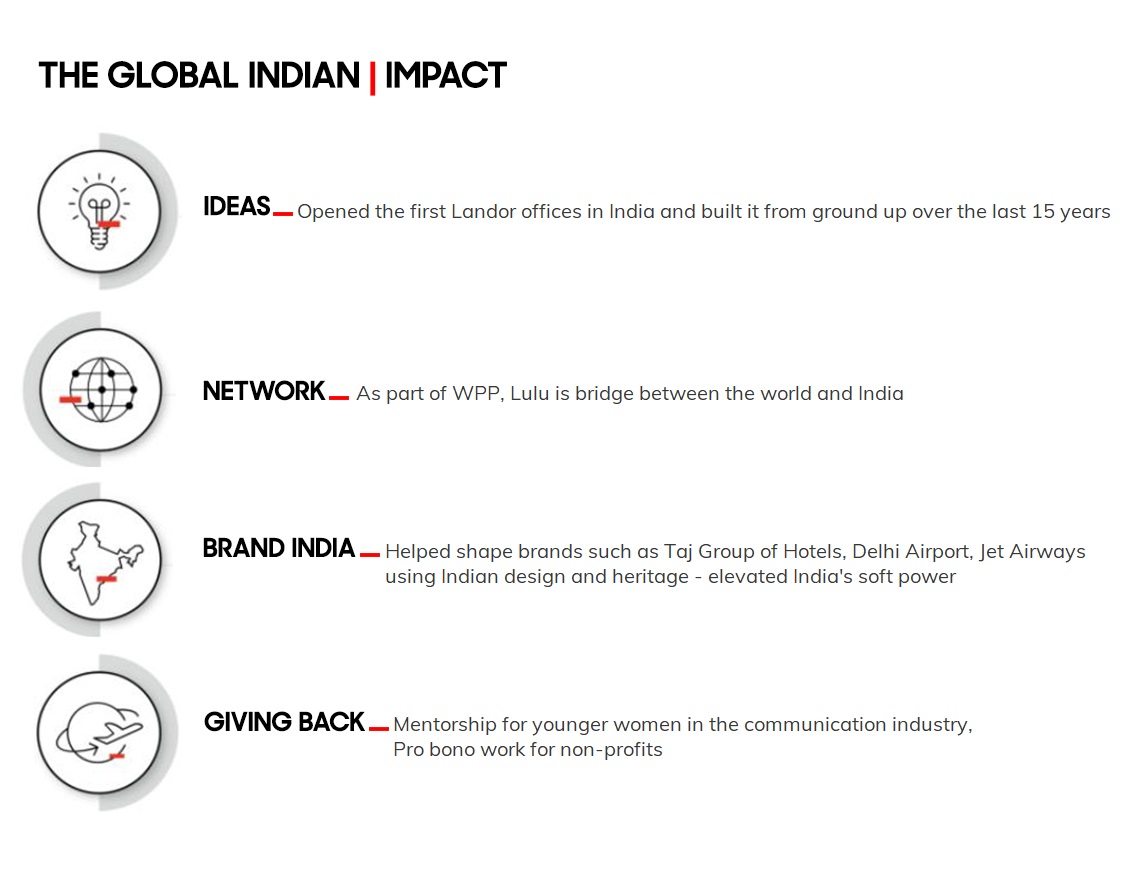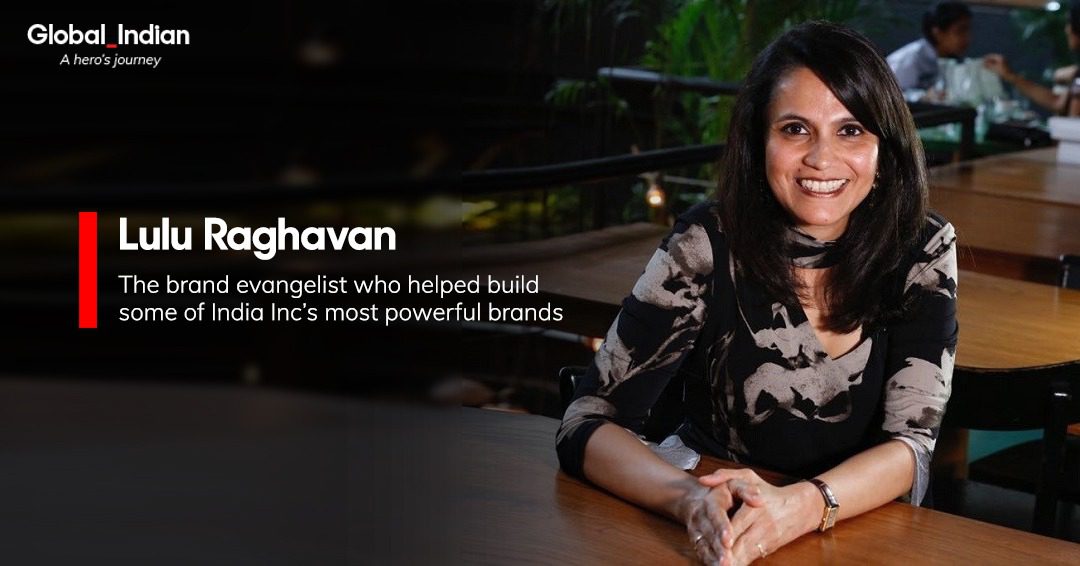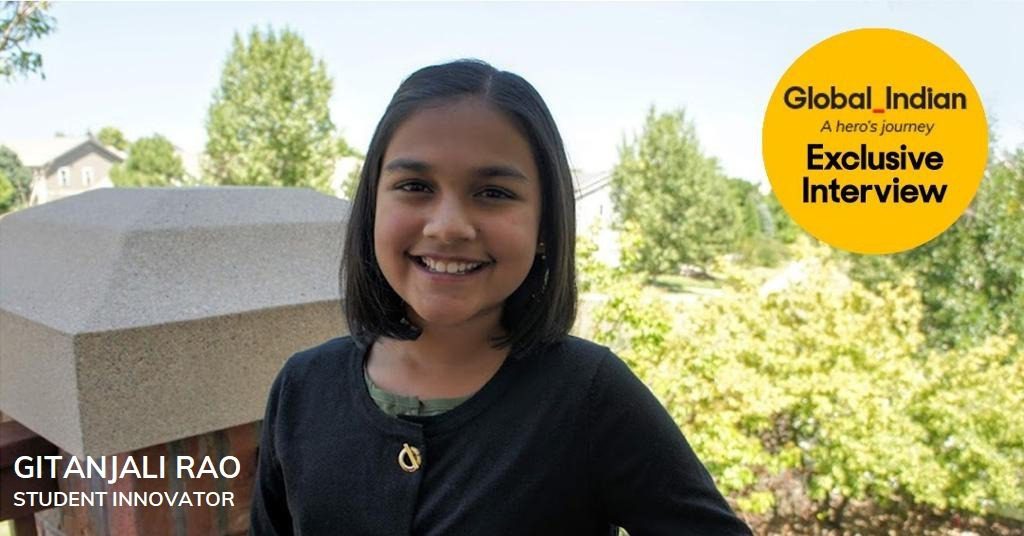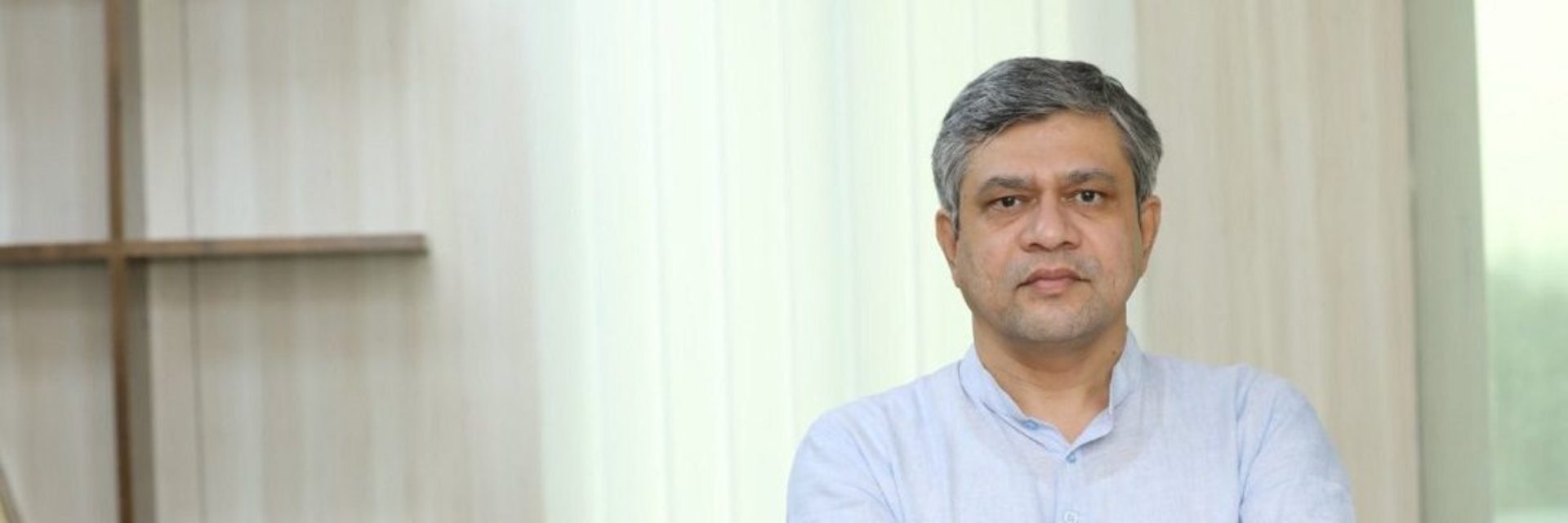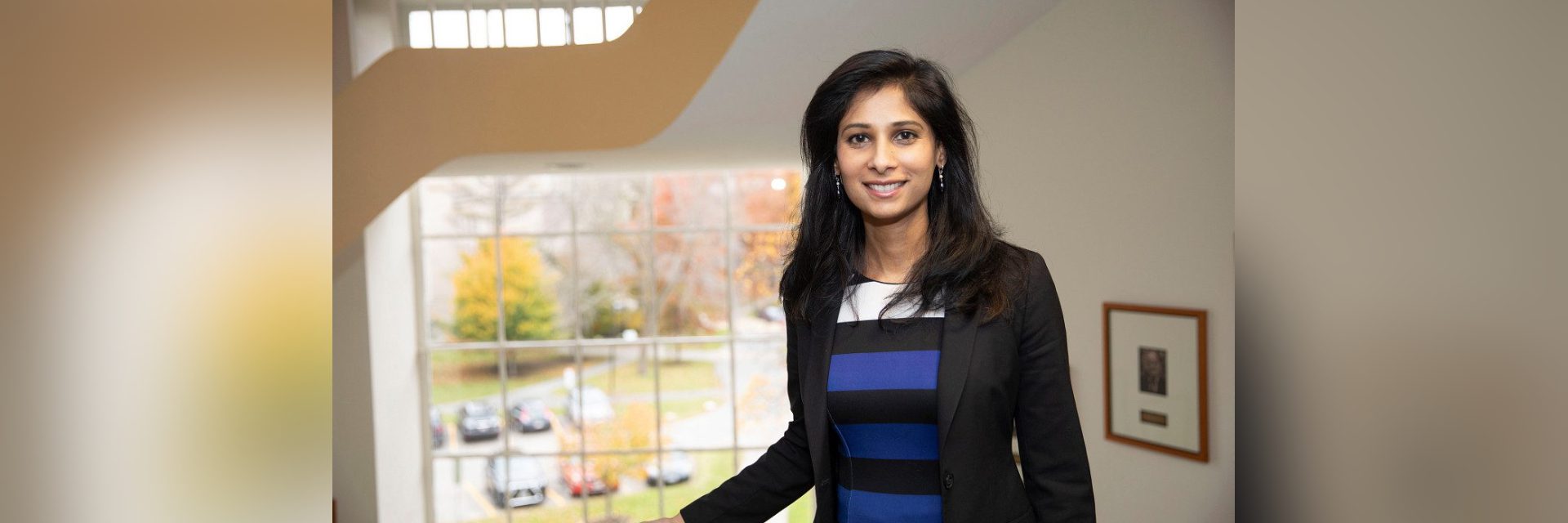(August 16, 2021) How many of us can claim to love waking up each morning and looking forward to going to work? Every single day, for two decades? Be it to catch a 6 am flight or making it in time for an 8 am meeting? That is exactly how Lulu Raghavan feels about her job as brand evangelist and MD at Landor & Fitch, one of the world’s top branding and design consultancies. With the company for over 21 years now, Raghavan has not just grown with Landor but has also helped it flourish in India with noted clients such as the Tata Group, Mahindra Group, Aditya Birla Group, Axis Bank, Digit Insurance, Delhi Airport, V Guard, and Sony Pictures.
Having worked with Landor in the US and UK for seven years, Raghavan moved to India in late 2006 to set up the company’s India office. Over the years, she has become a name to reckon with in the world of branding and design. In 2018, she was invited to be on the design jury of Cannes Lion – the first woman from Landor to do so. She was also featured in several Harvard Business School case studies; especially for her work in rebranding the Taj group of hotels. Raghavan was also invited to Harvard University in 2012 when the case study was being taught for the very first time to a class.
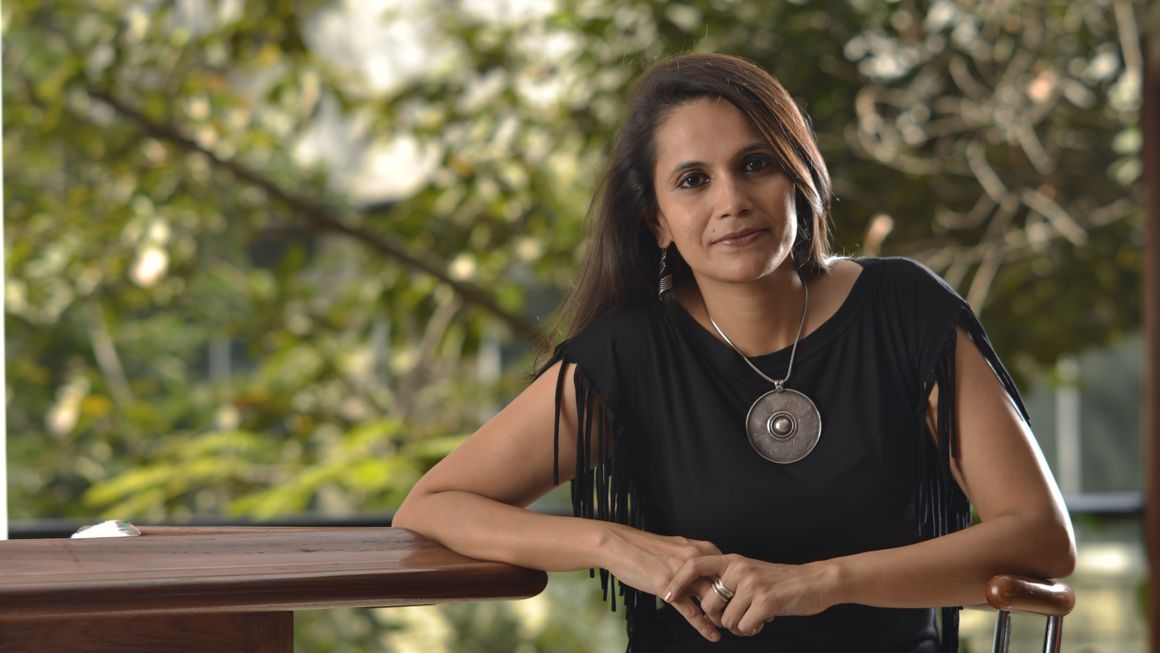
Lulu Raghavan
However, design and branding weren’t always on her mind, she told Global Indian in an exclusive interview. “Although, my mother sensed my inclination quite early on and recommended that I get into image management,” laughs Raghavan, adding that she was initially looking for a job in the banking and consulting sector. But life had other plans; a casual chat with a family friend led her to landing her first job at Ogilvy Consulting in 1997 as a brand consultant for a salary of ₹7,000 per month.
“I loved the job. I was working as R Sridhar’s (advertising veteran and former director of Ogilvy India) assistant and reading books on branding from morning to night. I fell in love with branding; this intangible thing that defines a company. The job taught me so much and Sridhar was very encouraging,” she says.
From Madurai to Bangalore to Mumbai to the world
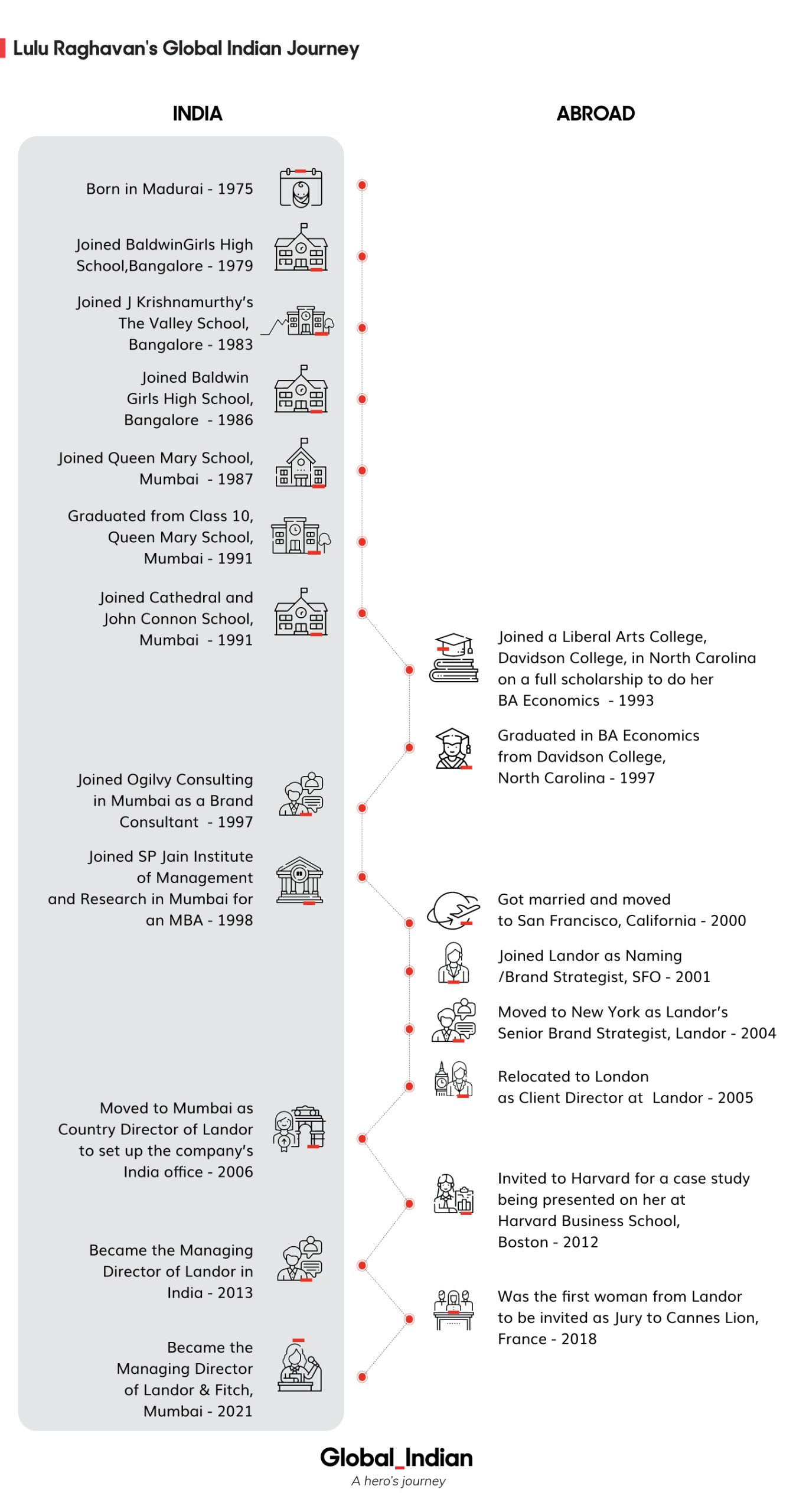
Born in a Tamil Brahmin family in Madurai, Raghavan spent the first 10 years of her life in Bangalore. She initially studied at Baldwin Girls School before being moved to Jiddu Krishnamurti’s The Valley School in class 3. “This was a different world altogether. Baldwin is a pretty competitive school, but at The Valley School we were competing against ourselves. When I came first in a race, I was awarded an apple; I was quite flabbergasted,” laughs Raghavan. When her family moved to Mumbai in 1987 she joined Queen Mary’s School.
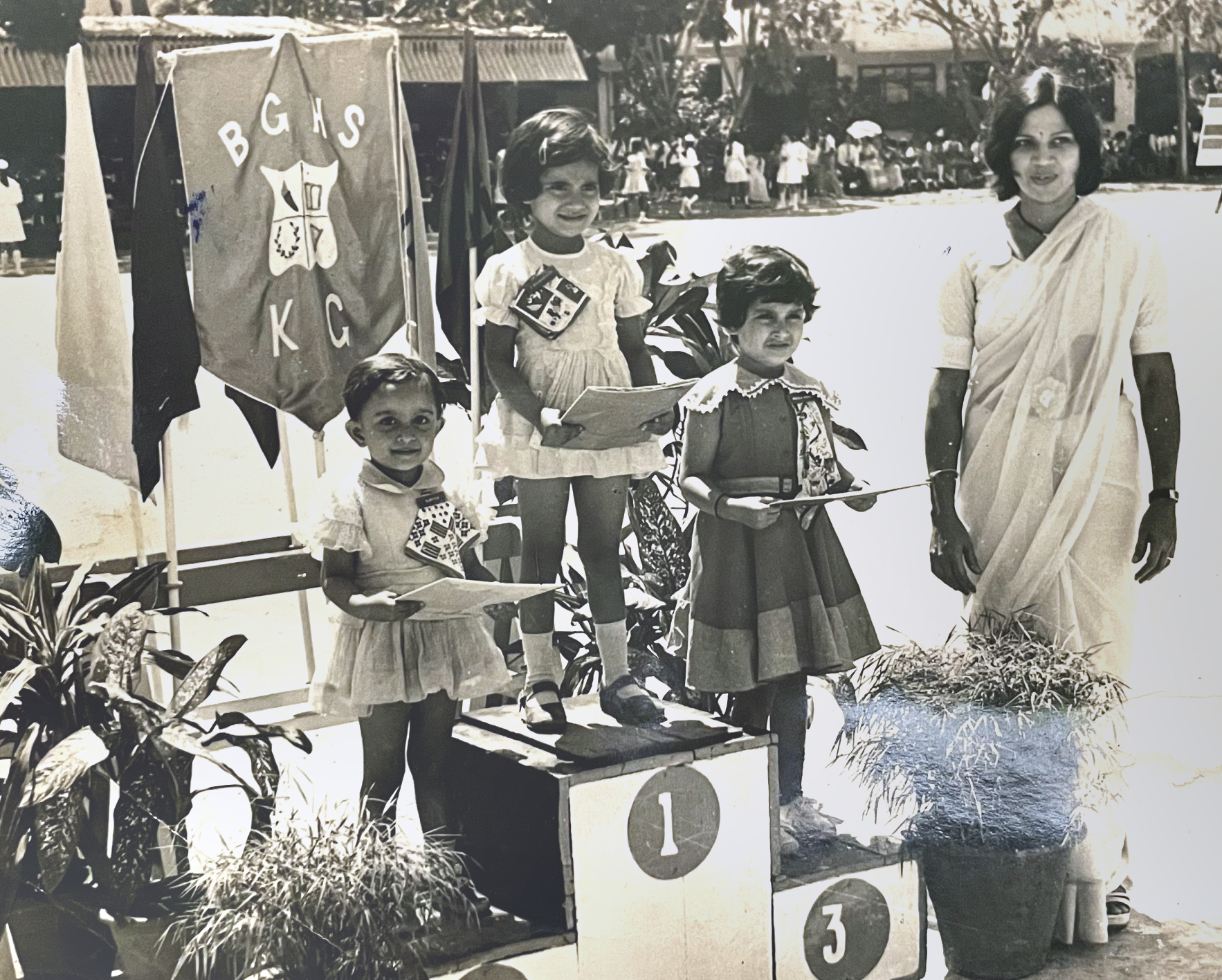
The first medal Lulu Raghavan ever won in a Tiny Tots race at Baldwin Girls High School; it got her into the spirit of competition.
Quite the all-rounder since her school days, Raghavan excelled in both academics and sports. The idea to study abroad was first introduced to her by her mother. “She’d gone to the US for her scholarly studies and came away impressed with their way of education. She wanted me to experience it and encouraged me to move to the US for my higher studies.” So, in 1993 Raghavan enrolled at Davidson College (a premiere liberal arts college) on a full scholarship in North Carolina to study Economics.
Her time at Davidson was defining in many ways: she learnt all about the honor code, about the importance of being original in one’s work, presided over the international student’s association, was in the Economics Honors Society and spent six months of her junior year in an exchange program in France living with a French family. “I enjoyed every bit of it. It really shaped my outlook,” she says.
After college when she didn’t land the job she wanted at McKinsey, she decided to return to India. A chat with a family friend led her to landing a job at Ogilvy under R Sridhar; a year later he persuaded her to do her MBA as it was important to add to one’s qualifications. Soon after her MBA from SP Jain Institute of Management and Research, Raghavan got married to her long-time boyfriend Harsha and the couple relocated to San Francisco in 2000.
New beginnings
It was here that she landed a job with Landor in its naming department. “We had to identify unique corporate product names and my language skills, experience at Ogilvy, and MBA came in handy,” says Raghavan, who then had to wait for six months to move from an H4 visa to an H1B.
Three weeks after she joined Landor in January 2001 the dotcom crash happened and massive layoffs began taking place. “Fortunately, my job was safe; perhaps because I represented the future of the company,” she says, recalling the early days of her career. She spent four years working at Landor, some of them closely with the company’s CEO. When her husband moved to New York, her CEO was more than happy to facilitate her move as well and she continued to work from the company’s Union Square office.
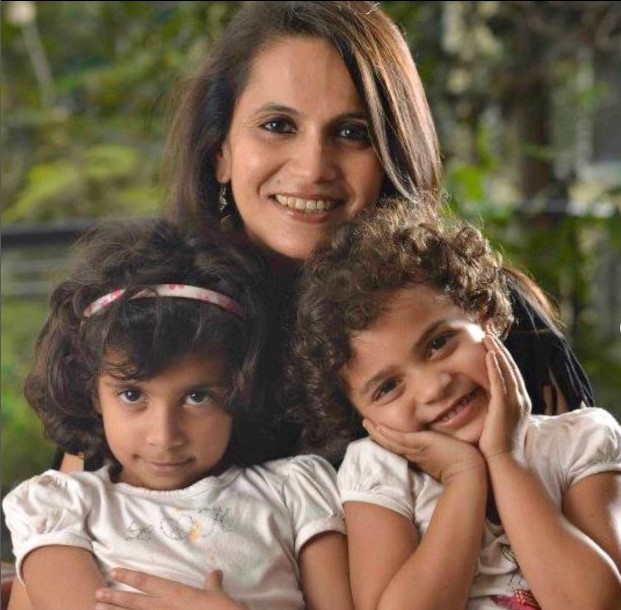
Lulu Raghavan with her daughters. Photo: Instagram
A year later in December 2005, the couple relocated to London and so did Raghavan in her job with Landor. It was here that she was exposed to other nuances of a corporate job such as business development and client management.
“Some of the big projects that I’d worked on from the London office was the rebranding of Jet Airways and Reliance ADAG. I learnt so much here; how pitches are made and how to write proposals. It was extremely fulfilling.”
By 2006 the couple was ready to move again – this time back home to India. But Landor didn’t have an office in the country at the time.
A leader in the making
“They asked me to build an India office,” says Raghavan. “My boss at the time guided me and was incredibly supportive. But he let me do everything myself and take credit for it too.” Some of her first big projects were for Café Coffee Day and the Delhi Airport. “They were such great learning experiences: I learnt how to manage a people’s brand and the airport was our first space branding project.”
How Global Indian do you feel?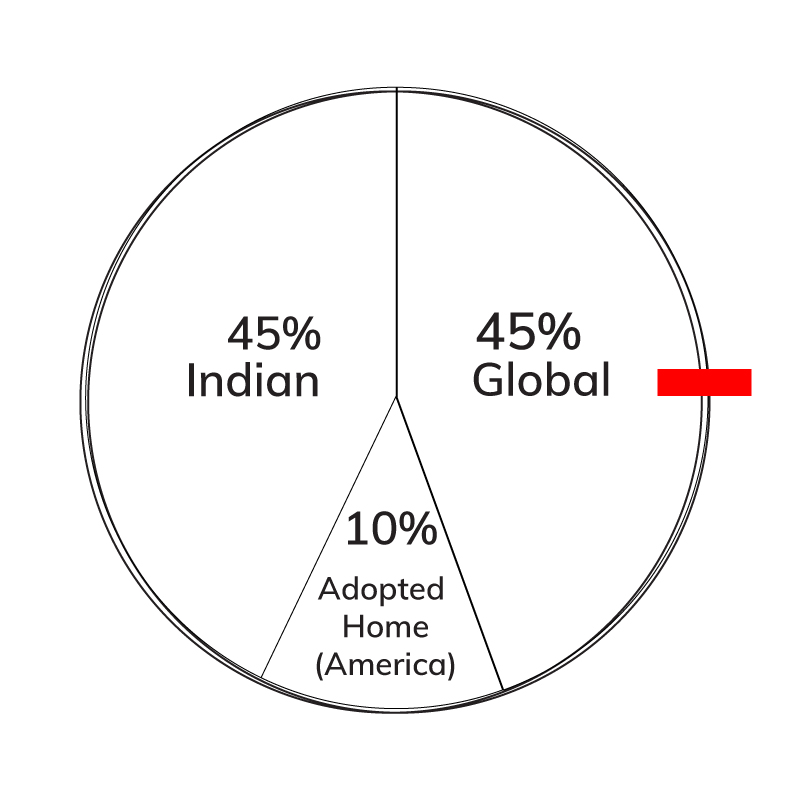
Lulu Raghavan, who has spent a number of years living in the US and UK, feels quite like the global citizen in terms of her outlook. Yet, she is firmly rooted to her traditions and Indian upbringing. At work, she is equally comfortable switching between her identities as a Global Indian and believes that her time at Davidson College really helped shape her outlook towards her profession.
More marquee brands – Mahindra, Taj Group, Tata Consumer Products, Axis Bank, and National Stock Exchange – followed. When Raghavan began making inroads into the Indian market, she learnt a few important lessons. “I was a woman in the field and a westernized one at that. But I learnt to wear a sari and adapt myself to the market here. It worked like a charm,” she says. Eventually Landor integrated with Fitch (a retail and experience design consultancy) and Raghavan was soon leading a 100-member team.
A leader in the making
The woman, who has become a doyen in the corporate brand building space, believes that Brand India’s story can be told much better. “Somewhere along the way the diversity, complexity, and paradoxity have been lost. There’s so much depth to Brand India and it all depends on how we unveil its layers,” she says, adding, COVID-19, has given Brand India a huge beating, undoing a lot of positive work done in the last 10 years.
She believes that each individual that goes outside of India is representative of the country and its image.
“Brand India is much more than just campaigns; it goes much deeper than that. Brand India is our people and it has to be built up story by story,” she says.
Giving Back
In the last few years, Lulu Raghavan has taken to mentoring and has been keenly teaching people all about the power of brands. She also does pro bono work quite often. “Outside of Landor & Fitch I write about personal branding; that is my way of giving back. I am a champion for personal branding for women.”
Key Takeaways
- Have clarity on the unique value you’re providing to stakeholders
- Tell your story powerfully across touch points
- Brands are much more than logos
- Personal branding is important for professional growth
- Brand is a valuable asset
Global Indian Impact Analysis
